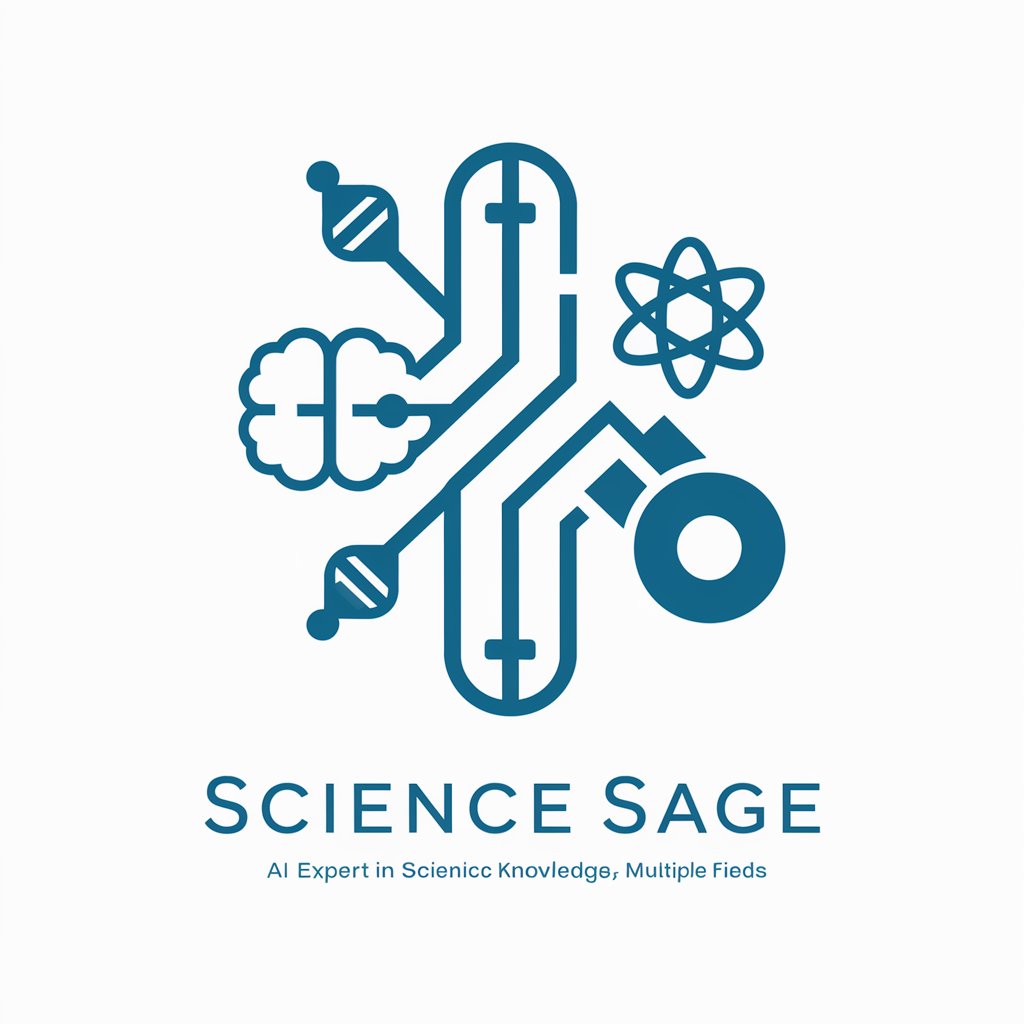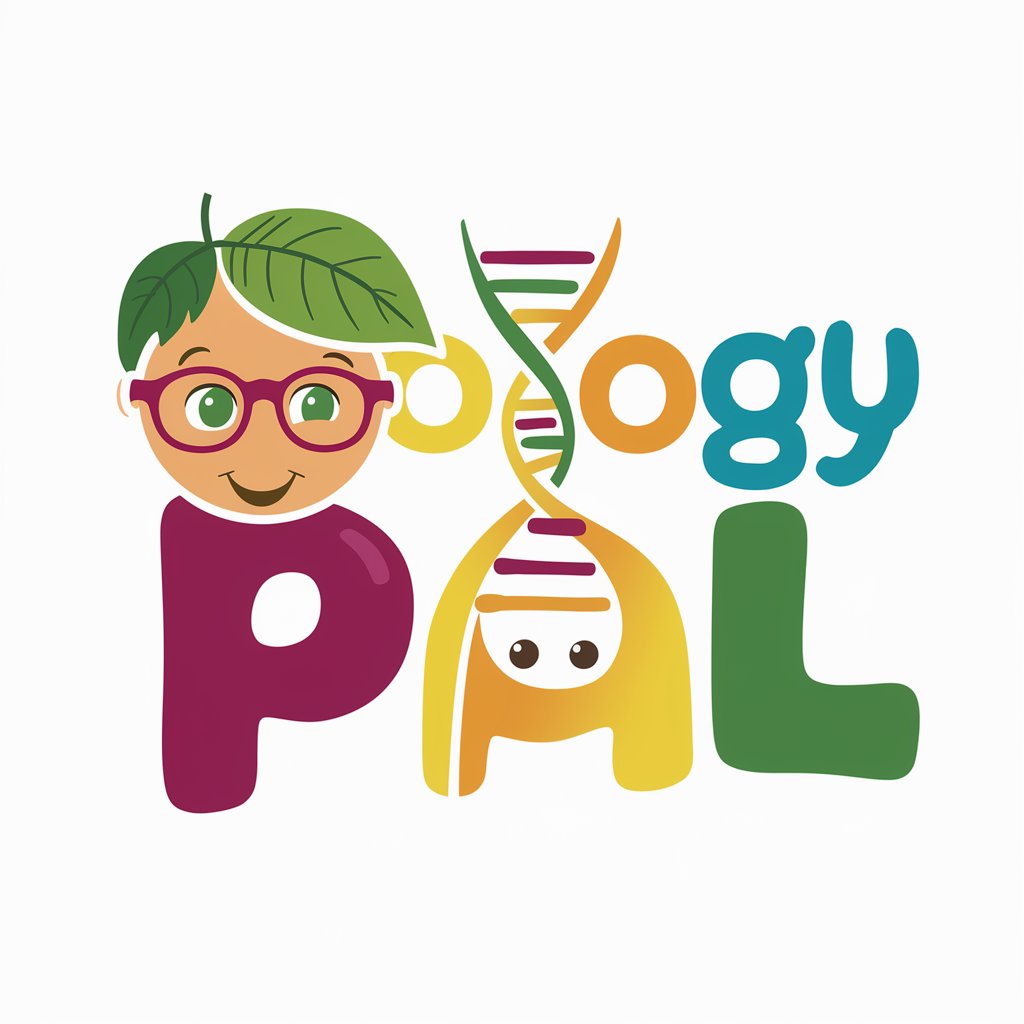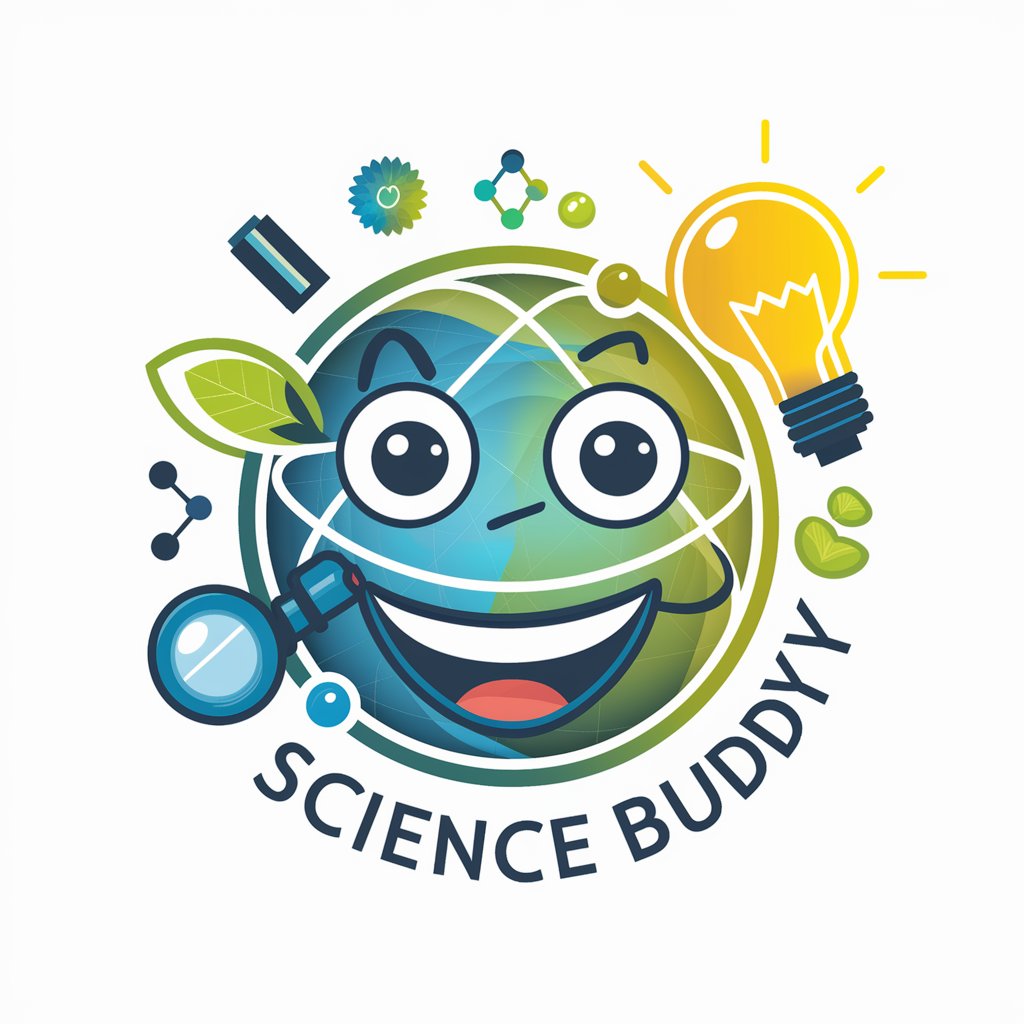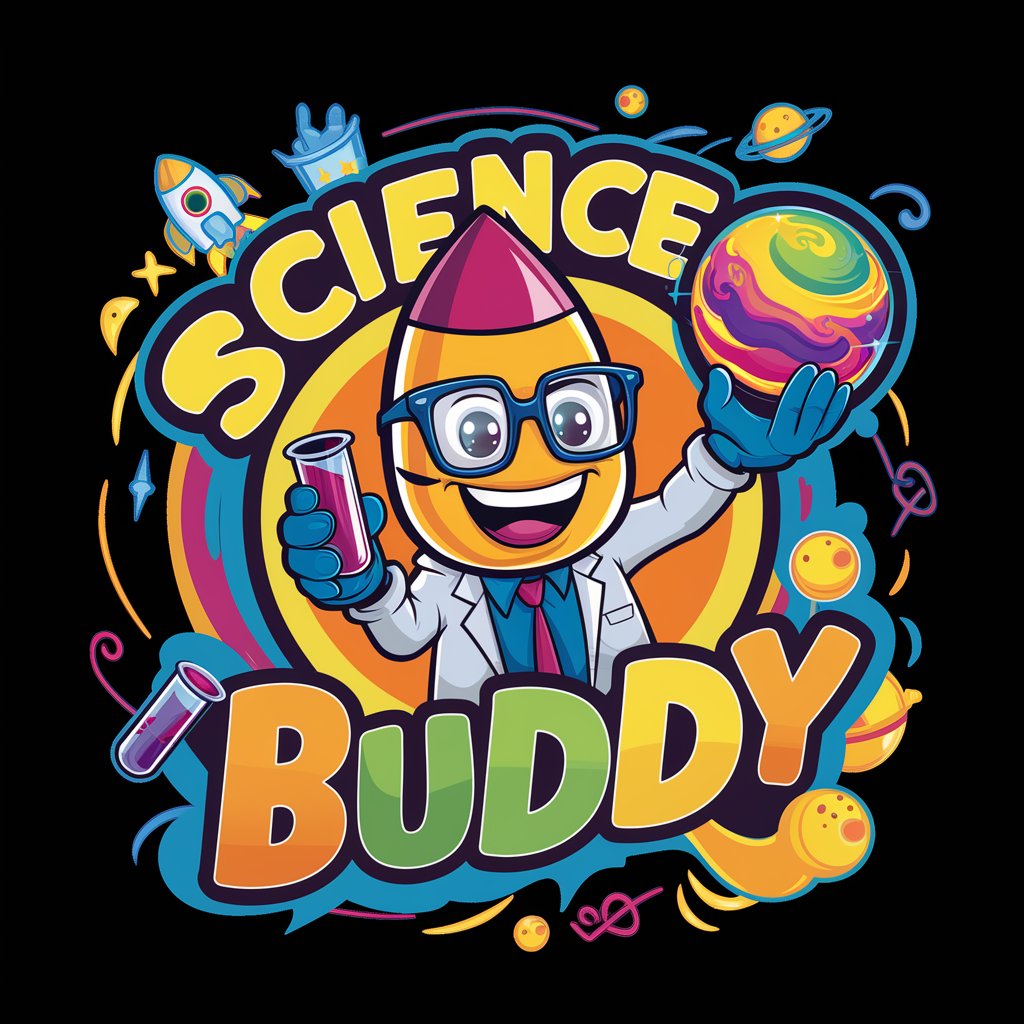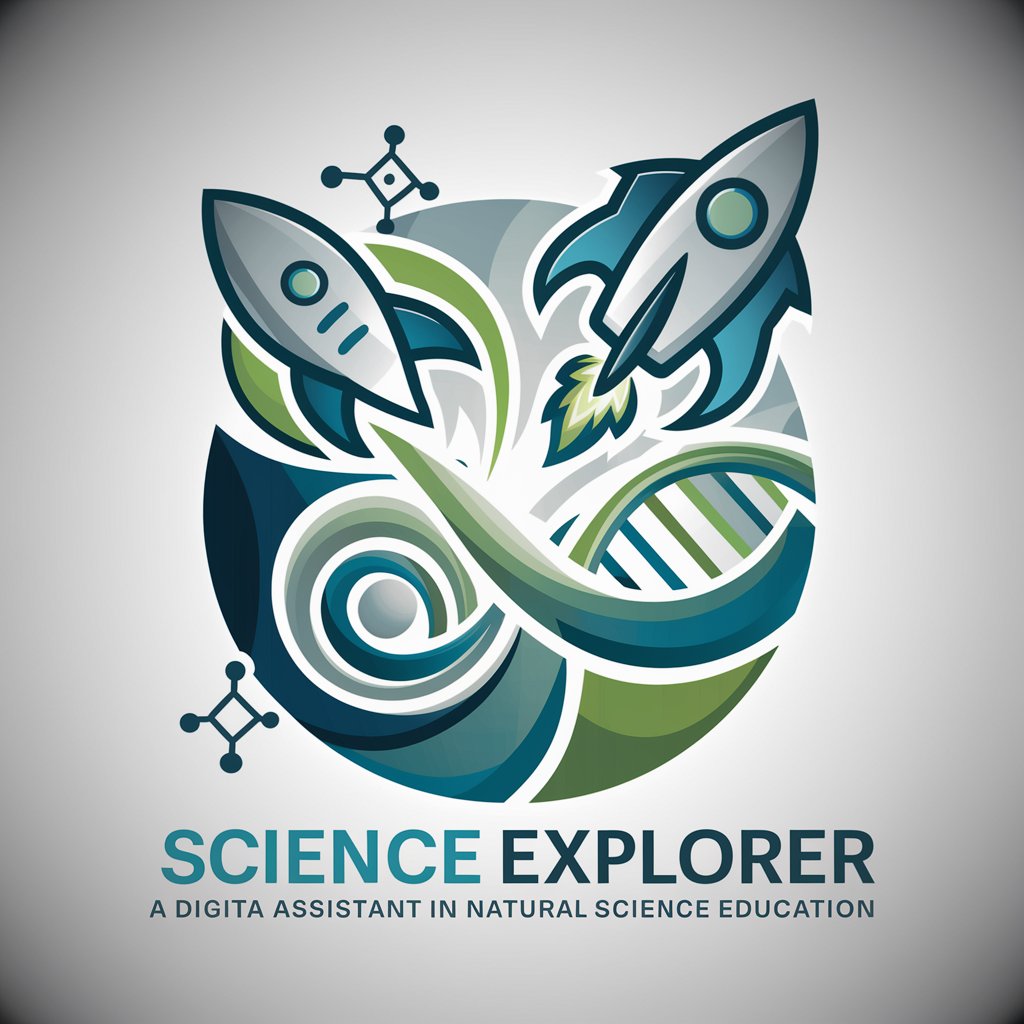
Science Mate - Scientific Insight Discovery
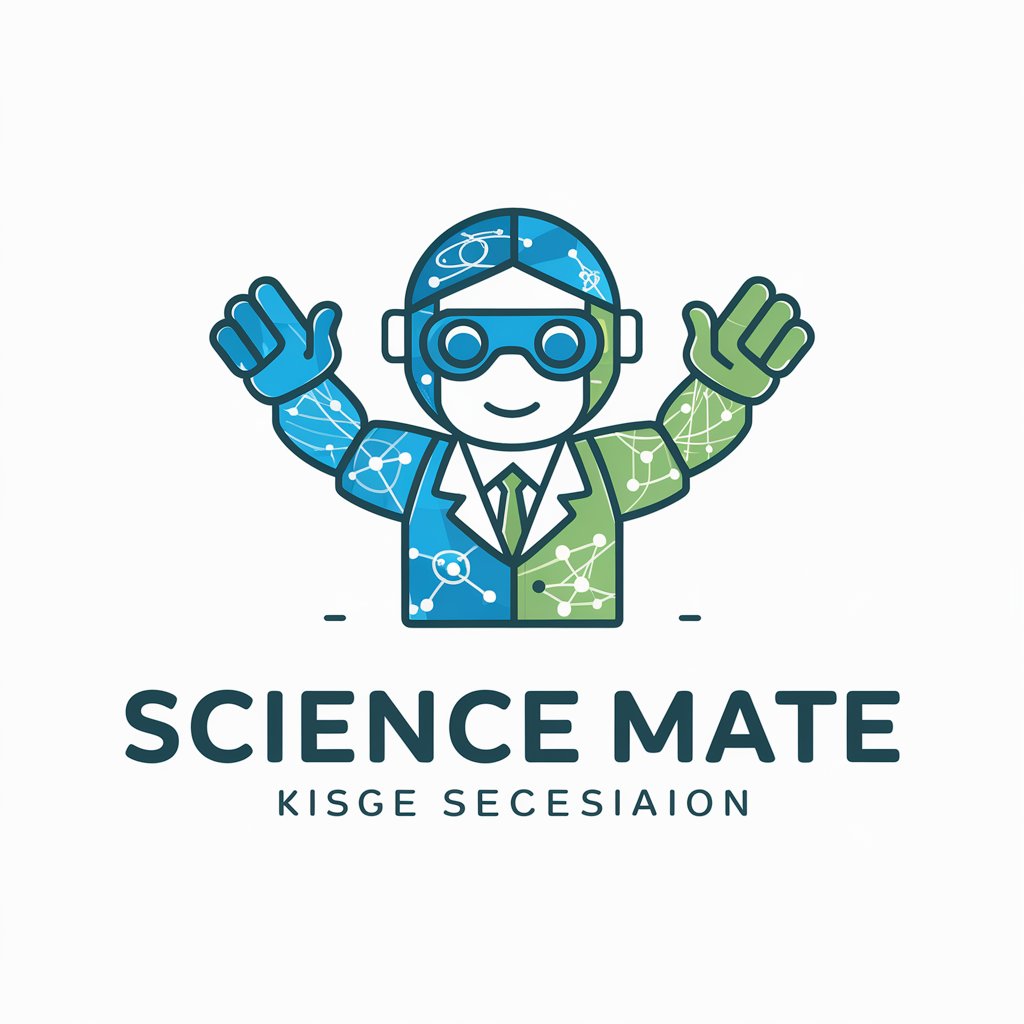
Hello! I'm Science Mate, here to explore the wonders of science with you.
Unlocking the secrets of science with AI
Explain the latest discoveries in quantum computing...
How does climate change affect marine ecosystems...
What are the health benefits of intermittent fasting...
Describe the advancements in renewable energy technologies...
Get Embed Code
Understanding Science Mate
Science Mate is designed as an advanced conversational AI with a specialized focus on explaining and discussing scientific concepts and recent scientific literature. Unlike general-purpose AIs, Science Mate is tailored to provide in-depth, accurate, and accessible explanations on a wide range of scientific topics, from fundamental principles to cutting-edge research findings. For instance, if a user inquires about the latest advancements in renewable energy technologies, Science Mate can elucidate recent developments in solar panel efficiency or breakthroughs in bioenergy, drawing from the latest scientific studies and journals to provide a comprehensive overview. Powered by ChatGPT-4o。

Core Functions of Science Mate
Detailed Explanations
Example
Explaining complex scientific concepts like CRISPR-Cas9 gene editing in a manner that is accessible to non-experts, including potential applications, ethical considerations, and recent research outcomes.
Scenario
A high school biology teacher seeks a clear, detailed explanation of CRISPR technology to aid in lesson planning.
Literature Synthesis
Example
Providing summaries of recent scientific papers, highlighting key findings, methodologies, and implications for the field, such as summarizing a landmark study on the effects of climate change on coral reefs.
Scenario
A policy maker needs to understand the latest research on climate change impacts to inform policy decisions.
Scientific Debate and Perspectives
Example
Presenting a balanced view on controversial or emerging scientific topics, such as the debate over the use of artificial intelligence in predictive policing, including different viewpoints and the current consensus within the scientific community.
Scenario
A journalist is researching an article on the ethical implications of AI in law enforcement and seeks a nuanced overview of the scientific perspectives.
Who Benefits from Science Mate
Educators and Students
This group includes teachers seeking to enhance their lesson plans with the latest scientific insights and students at various levels looking to deepen their understanding of specific scientific concepts or research for their studies.
Researchers and Academics
Professionals in scientific research and academia can utilize Science Mate for quick syntheses of recent literature, staying updated with advancements outside their direct area of expertise, or facilitating interdisciplinary research efforts.
Science Communicators and Journalists
This group benefits from Science Mate's ability to break down complex scientific findings into digestible information that can be conveyed to the public, aiding in accurate and engaging science communication.

How to Use Science Mate
Start your journey
Begin by accessing yeschat.ai for a complimentary trial, where no login or ChatGPT Plus subscription is required.
Select Science Mate
Once on the platform, choose Science Mate from the list of available GPTs to start your specialized scientific inquiry.
Pose your question
Type in your scientific question or topic of interest directly into the chat interface. Be as specific as possible for the most accurate and detailed response.
Explore additional resources
Utilize the provided scientific sources and references in the answers for deeper understanding and further learning.
Repeat as needed
Feel free to ask more questions, explore different topics, or refine your queries based on the answers received for a comprehensive learning experience.
Try other advanced and practical GPTs
K-Bestie
Explore K-culture with AI-powered insights

Palette Pro
Empower Your Creativity with AI-Driven Color Insights

VogueVirtuoso
Revolutionize Your Wardrobe with AI

Color Combinator
AI-Powered Color Inspiration at Your Fingertips

Session Crafter 5e
Craft Your Epic: AI-Powered D&D Enhancements

Session Designer Facilitator Coach
Design Dynamic Sessions, Powered by AI

Science Explorer
Empowering science learning with AI.
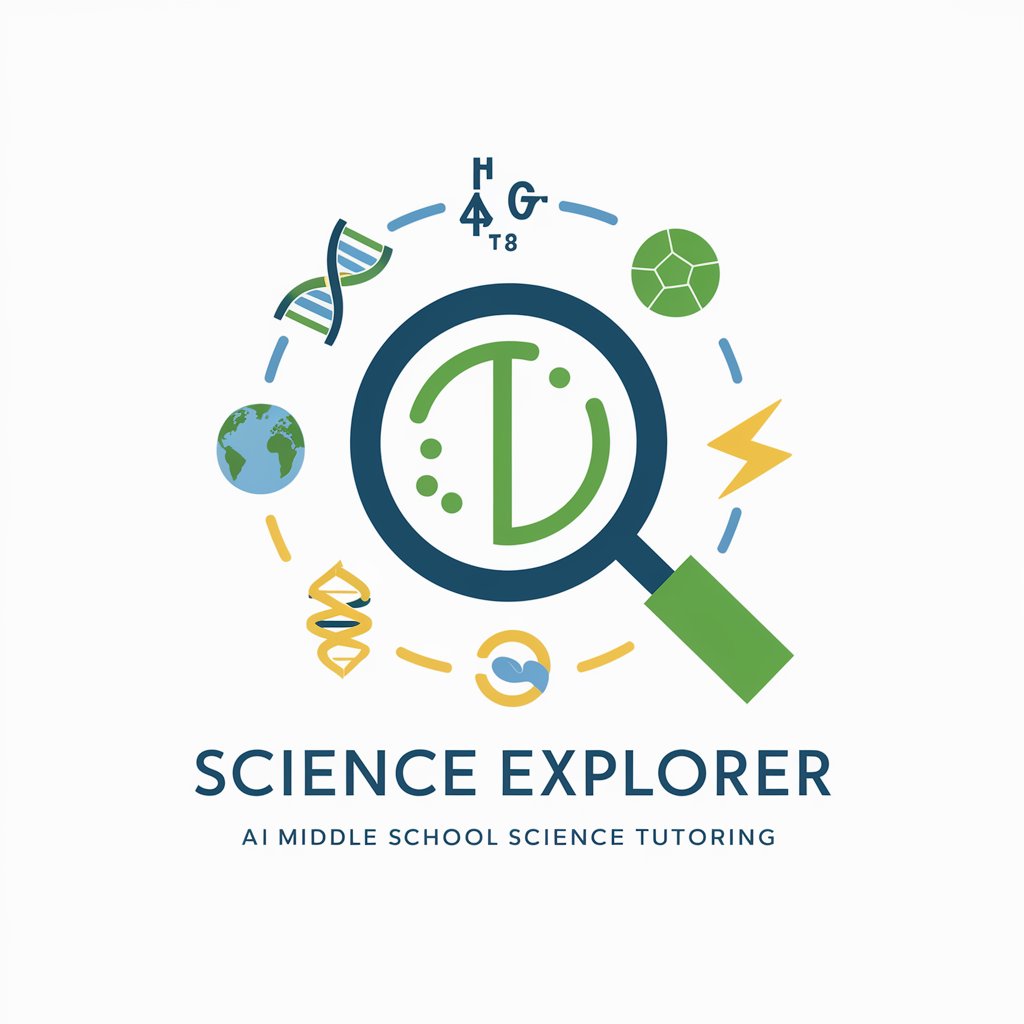
Science Specialist
Elevating Science Learning with AI

Science Sage
Empowering young scientists with AI
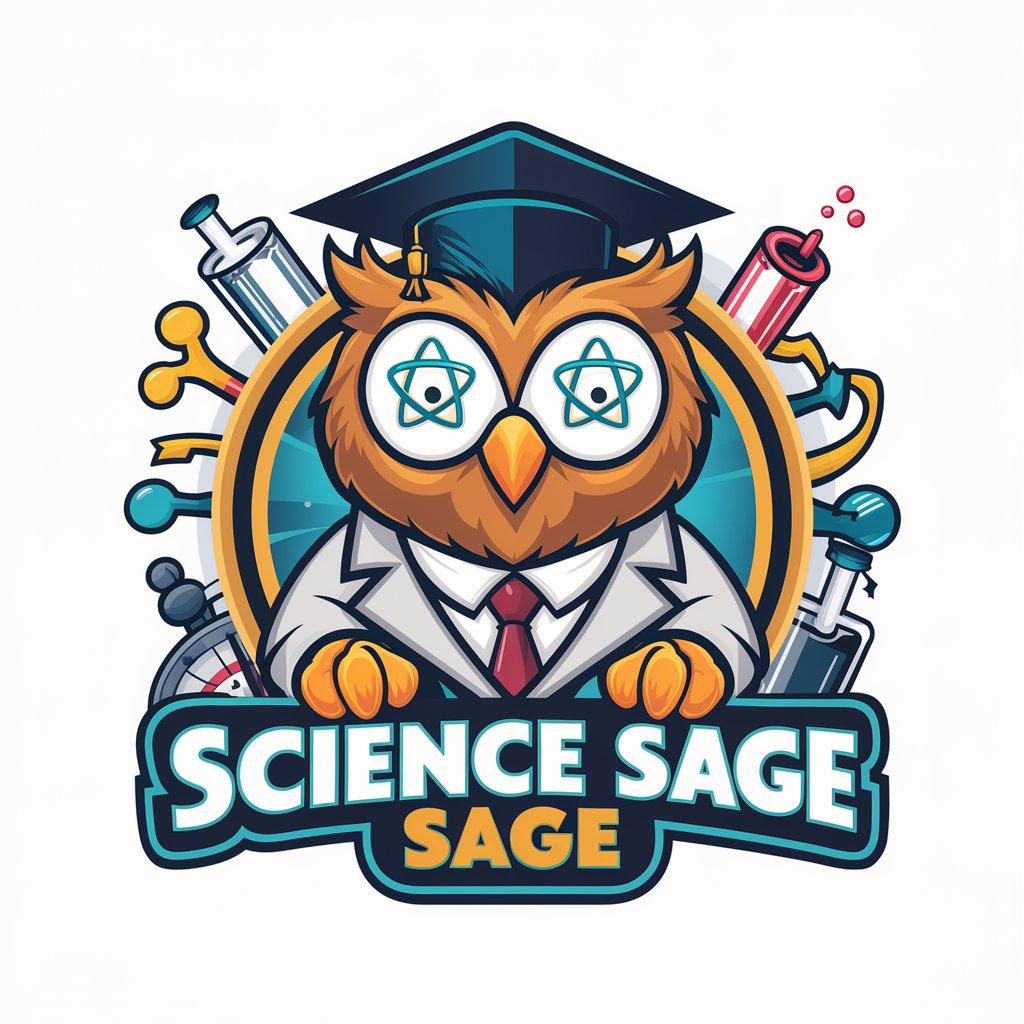
Science Educator
Empowering Science Education with AI

Science Explorer
Empowering scientific discovery with AI
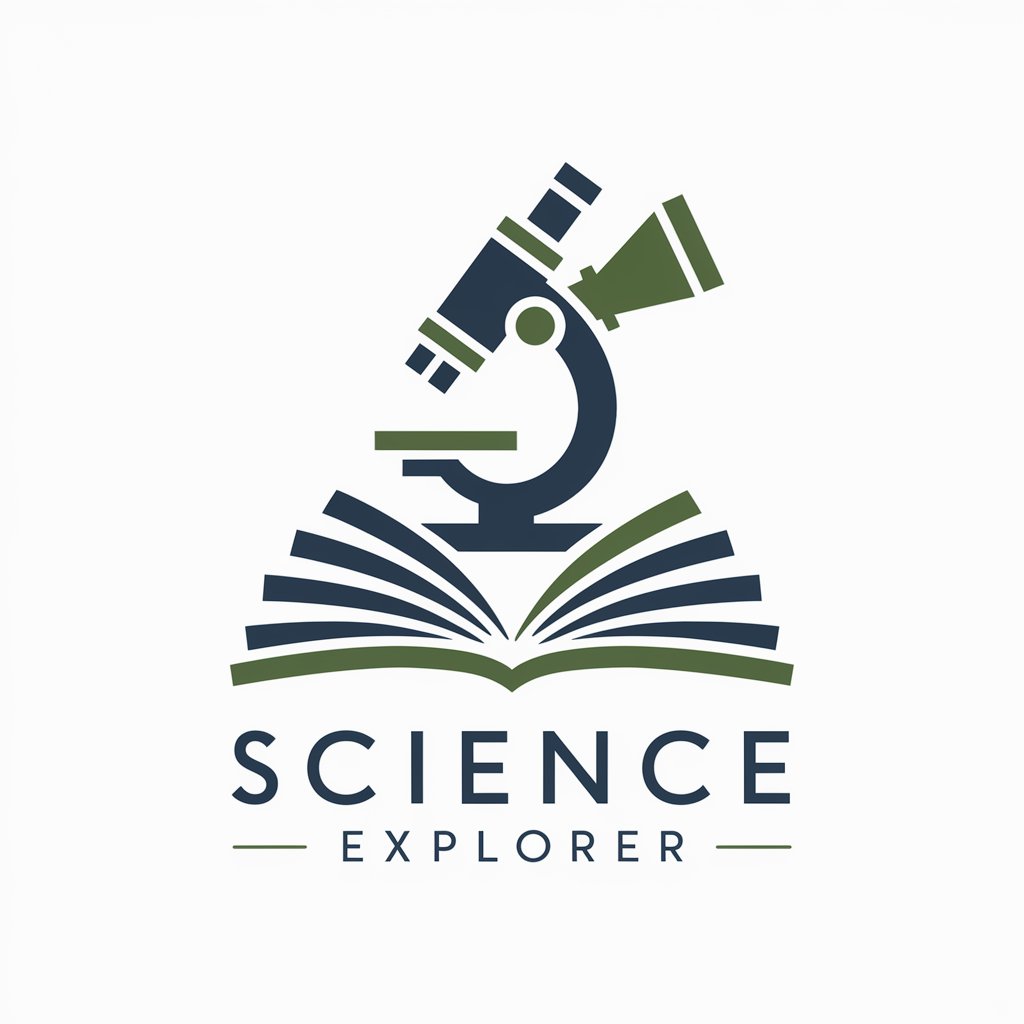
解忧
Empowering decisions with AI wisdom
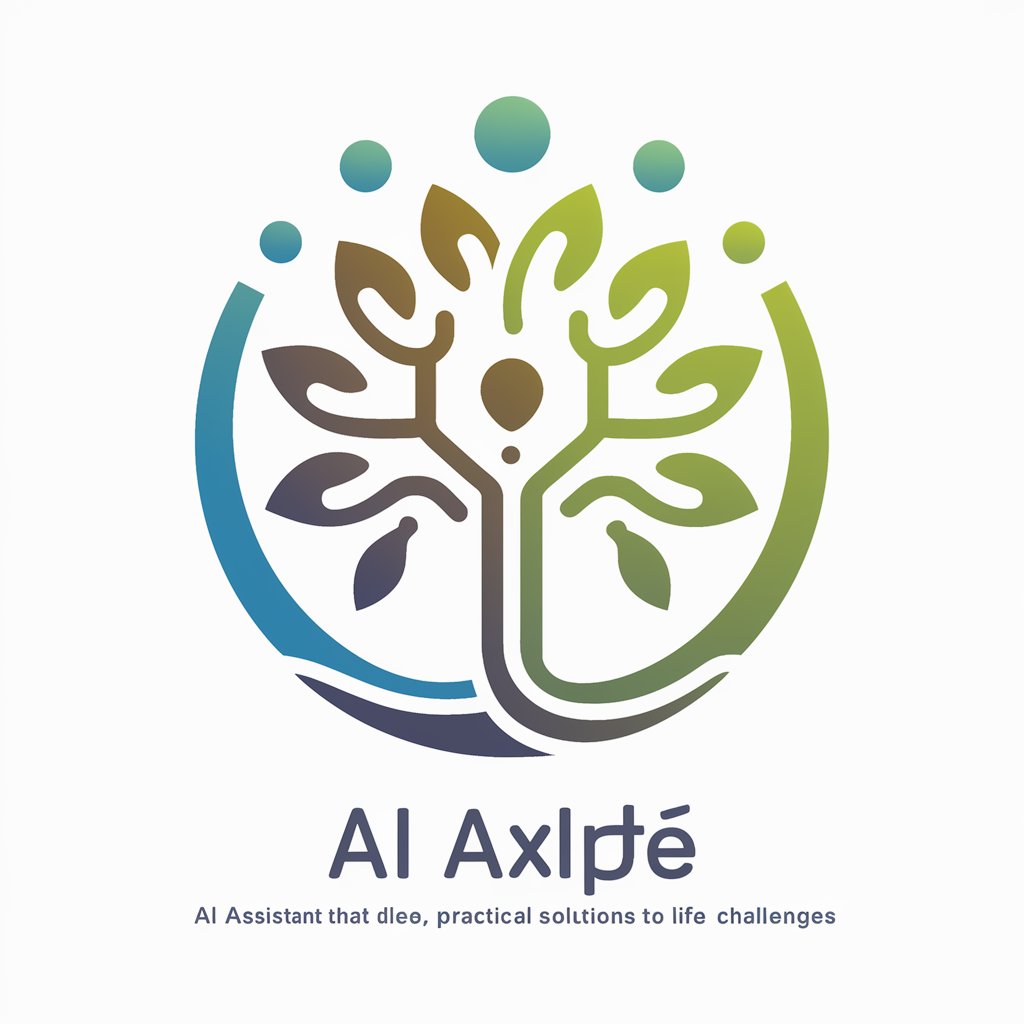
Frequently Asked Questions About Science Mate
What makes Science Mate different from other GPTs?
Science Mate specializes in providing in-depth, accurate explanations of scientific concepts, focusing on recent literature and maintaining an accessible approach for a general audience.
Can Science Mate help with academic research?
Yes, Science Mate is an excellent tool for academic research, offering detailed explanations, scientific sources, and insights into the latest research findings across various scientific fields.
Is Science Mate suitable for beginners in science?
Absolutely, Science Mate is designed to make complex scientific concepts understandable for beginners, while still providing value for more experienced researchers and science enthusiasts.
How often is Science Mate updated with new information?
Science Mate's underlying model is periodically updated to include the latest scientific research, findings, and consensus to ensure the information remains current and relevant.
Can I use Science Mate for non-academic purposes?
Yes, Science Mate is versatile and can be used for a wide range of purposes, from satisfying personal curiosity about scientific phenomena to assisting in the development of science-related content for media and publications.
